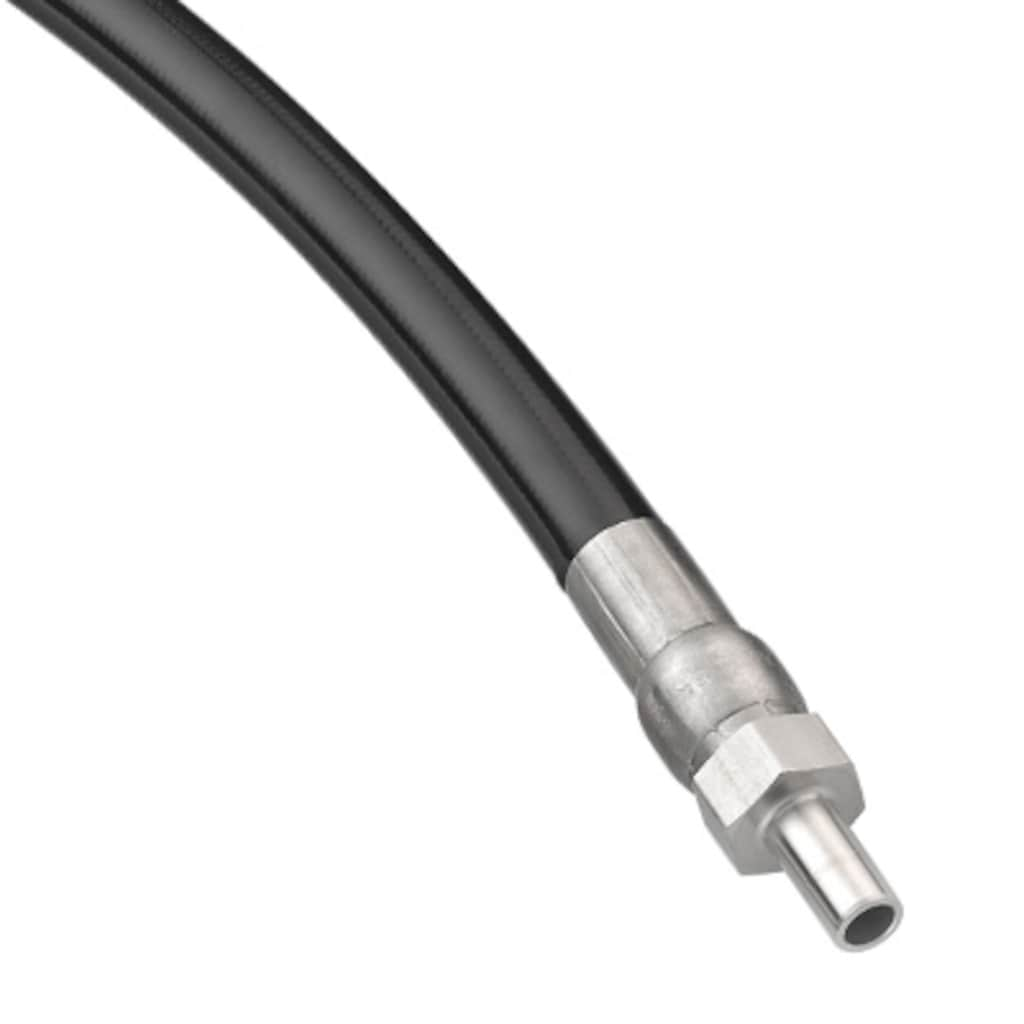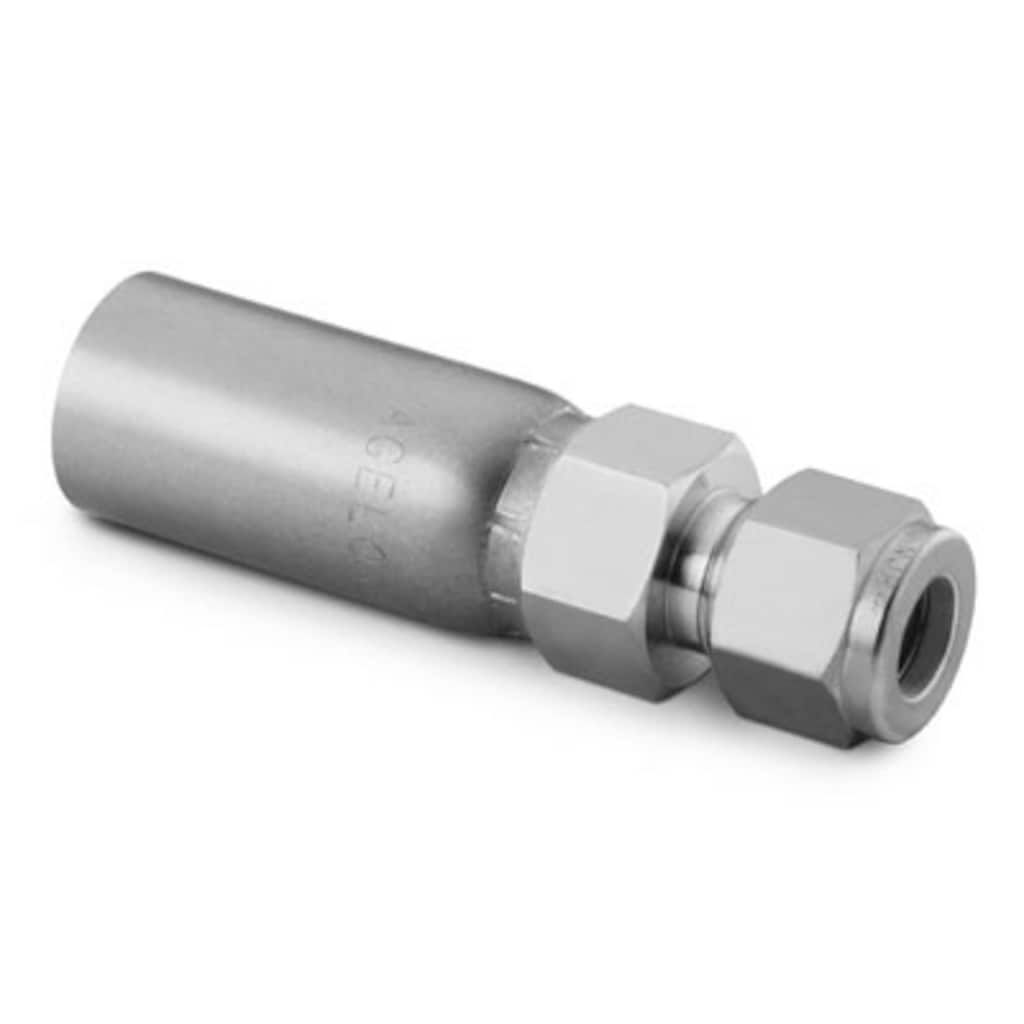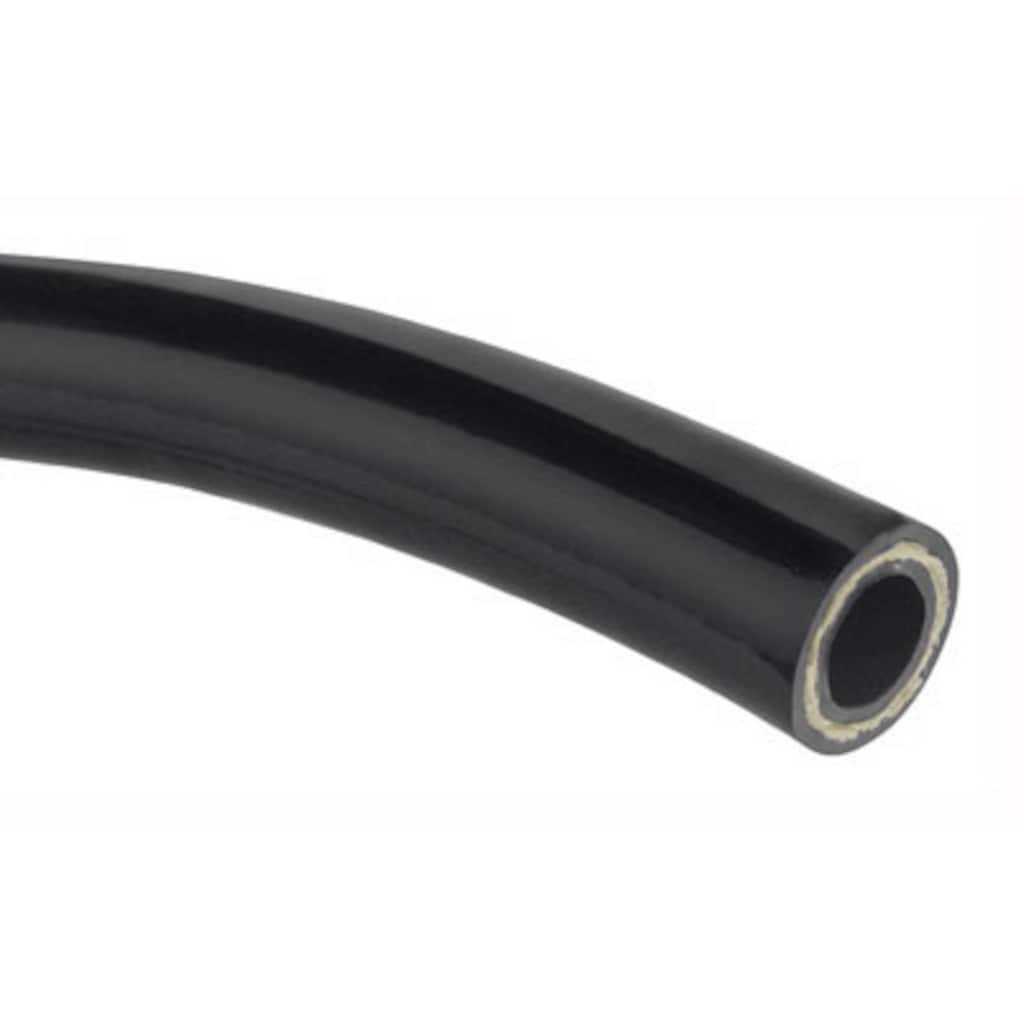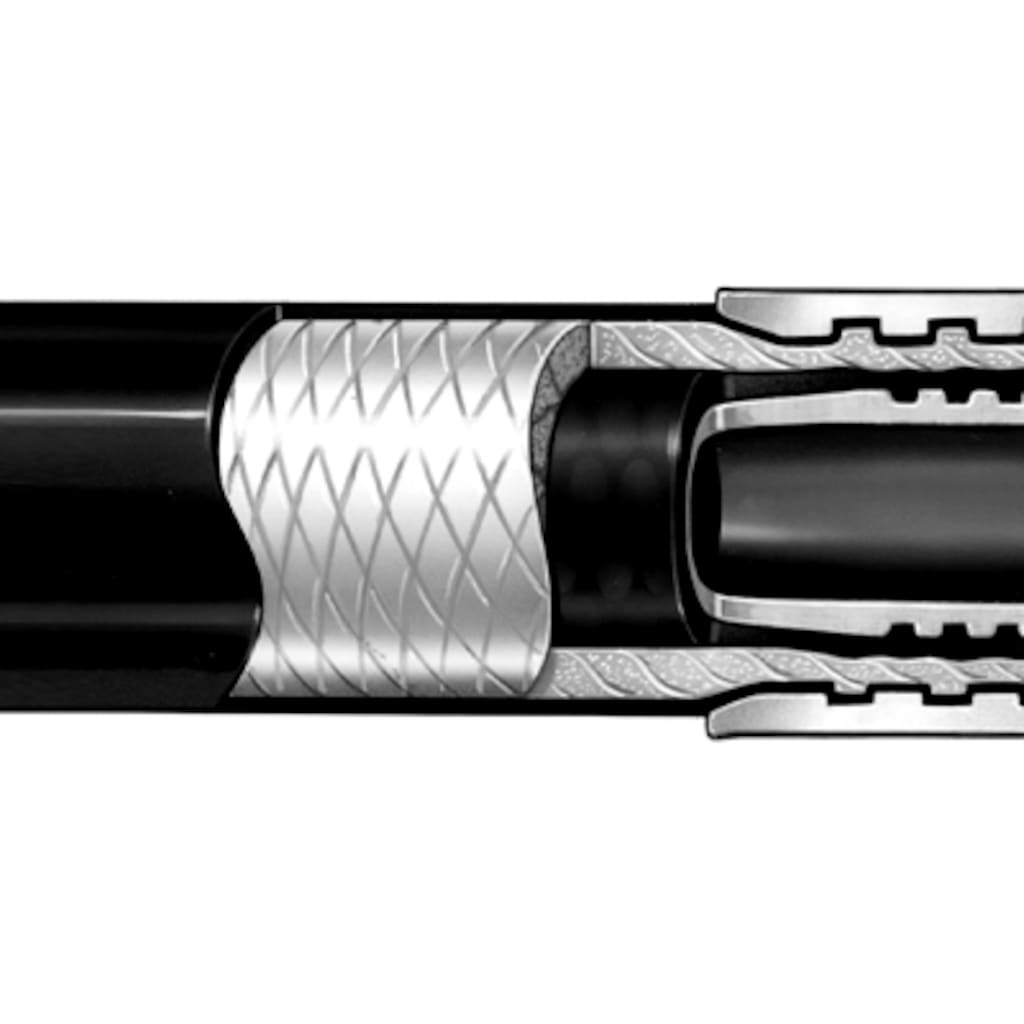
Manguera Termoplástica Swagelok®
Las mangueras con ánima de material termoplástico Swagelok® (nilón y polietileno) están diseñadas para soportar con solidez los ciclos de pulsos de alta presión y el movimiento dinámico, ofreciendo un gran rendimiento en aplicaciones hidráulicas y de llenado de vehículos de gas natural comprimido (GNC).
Ver Mangueras TermoplásticasLas mangueras termoplásticas Swagelok ofrecen un gran rendimiento frente a los pulsos de presión cuando se utilizan con bombas hidráulicas y aplicaciones de válvulas de bola. Estas mangueras rinden especialmente bien en las aplicaciones de repostaje de vehículos GNC debido a la resistencia de las mangueras a los cambios de alta presión, y están disponibles con certificado de combustible alternativo NGV y ECE R110.
Nuestra manguera con ánima de nilón de alto rendimiento para servicio general se conecta de forma rápida y segura en aplicaciones hidráulicas, de gas natural y otras aplicaciones industriales generales con una variedad de conexiones finales. La pared interior lisa ofrece control del caudal y mayor capacidad de drenaje para una mayor precisión y limpieza, mientras que la cubierta de poliuretano resiste la abrasión.
El material del ánima de la manguera Swagelok de polietileno cumple la norma FDA 21 CFR Parte 177 1520 y NSF-51, lo que la hace una opción fiable para utilizar en aplicaciones de alimentación, bebidas y lácteos. Las capas de refuerzo interno de fibra mejoran la contención de la presión y la flexibilidad. La cubierta de poliuretano resiste la abrasión y evita la absorción de la humedad y la contaminación del sistema.
¿Necesita ayuda para seleccionar una manguera termoplástica?
サーモプラスチック・ホースのカテゴリー
Каталоги шлангов и гибких трубок
Получите подробные сведения о продукции, в том числе материалах изготовления, номинальных параметрах давления и температуры, вариантах исполнения и вспомогательных принадлежностях.
■ コア材質:メタル、PTFE、PFA、ビニール、ナイロン、ポリエチレン、ゴム/■ ホース径(呼び径)サイズ:1/8 インチから2 インチまで/■ 豊富なエンド・コネクション(インチ・サイズ/ミリ・サイズ)/■ 長さ:ユーザー指定可能/■ オプション:カバー、タグ、テストなど
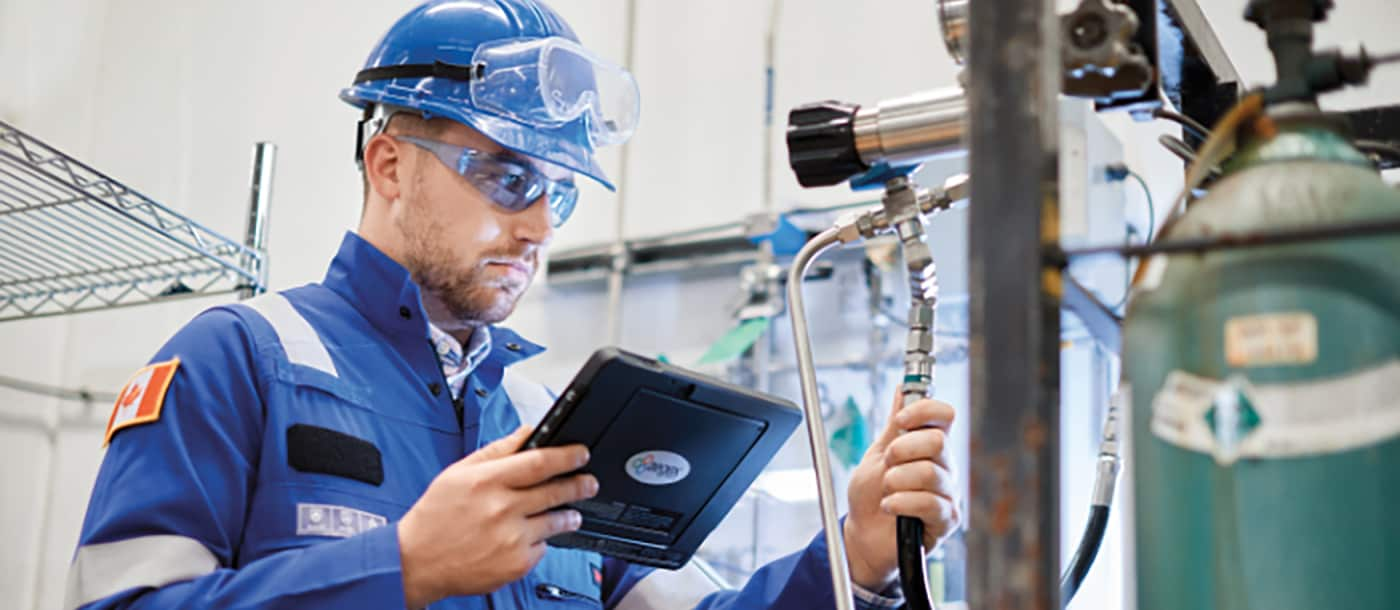
Сервисы по обследованию шлангов Swagelok®
Подробности оптимального выбора шлангов, их монтажа, процедур осмотра и техобслуживания с целью увеличения срока службы, улучшения рабочих характеристики, а также снижения сопутствующих затрат.
Подробности управления состоянием шланговРесурсы Swagelok специально для вас
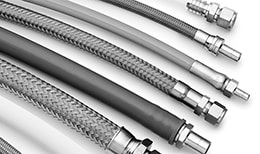
3 шага к безопасной эксплуатации шлангов и снижению производственных издержек
Во время планового техобслуживания на заводе безопасной эксплуатации промышленных шлангов обычно не придается большого значения. Контроль состояния шлангов требуется выполнять должным образом, поскольку утечки и износ могут подвергнуть ваше предприятие риску. Ознакомьтесь с рекомендациями, как избежать опасных ситуаций и сократить издержки на предприятии.

Как план технического обслуживания промышленных шлангов позволит сэкономить значительные финансовые средства
Если знать, когда следует заменять промышленные шланги, можно сэкономить значительные средства на эксплуатационных расходах своего предприятия. Узнайте, как оценить свои системы и разработать план профилактического обслуживания для управления состоянием шлангов.
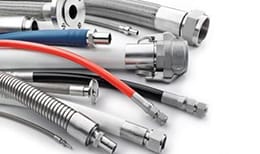
Замена промышленных шлангов: Материалы центральной трубки
При выборе промышленного шланга начните с центральной трубки, а именно внутреннего слоя шланга. Информация о материалах центральной трубки и конструкции стенок, предоставленная экспертами Swagelok, поможет вам подобрать идеальный шланг для вашей области применения.
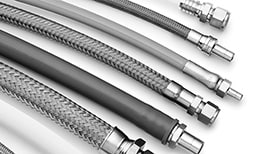
Как выбрать наиболее подходящий армирующий слой для шланга
Промышленные шланги обычно имеют критически важные армирующие слои, влияющие на их долговечность и технические характеристики. Узнайте о разных типах армирующих слоев, а также лучшем выборе для разных жидкостных и газовых систем.

